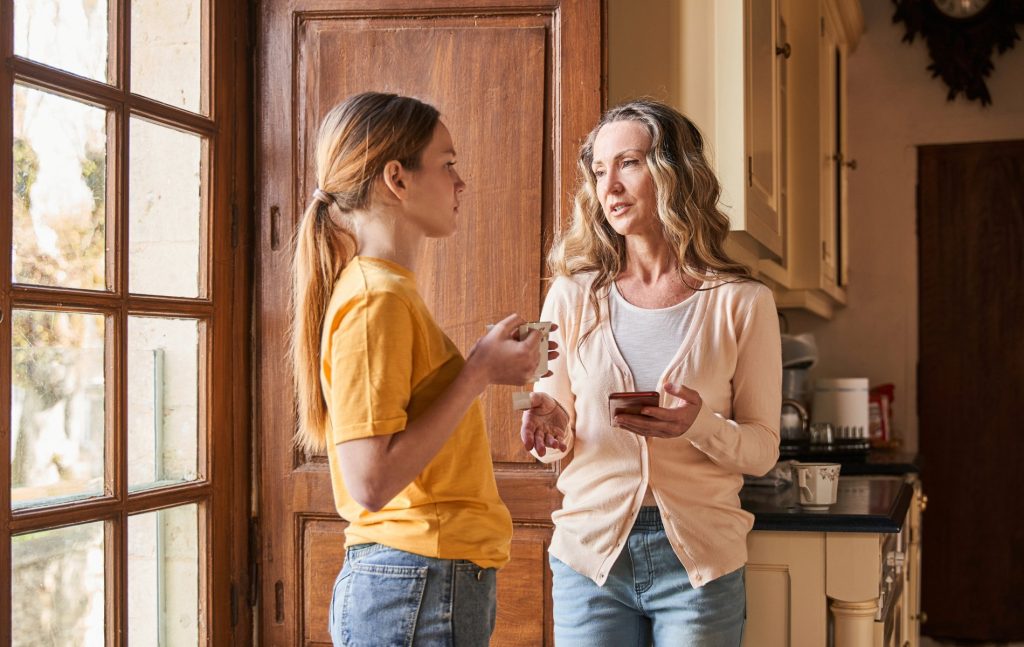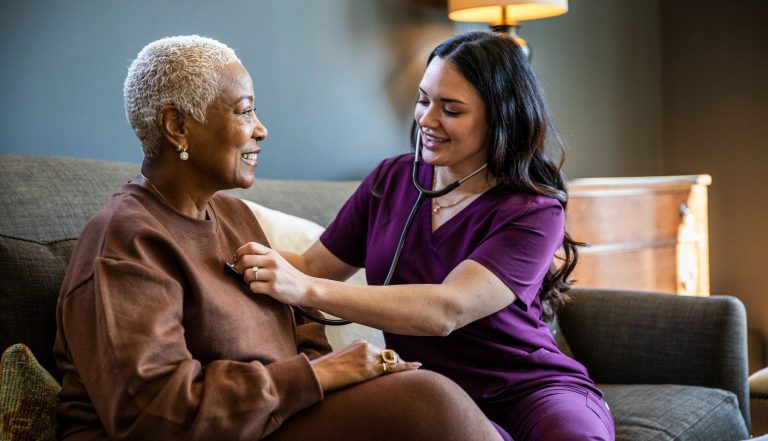
For many families, camps for troubled teens offer more than just discipline they provide a foundation for personal growth and responsibility. Therapeutic programs help teenagers grow accountable and self-aware when they battle with rebellion, impulsivity, or bad judgment. These programs teach teenagers how to make better decisions by means of structure, direction, and emotional support, therefore enabling them to grasp the results of their behavior. Teaching accountability is about arming teenagers with tools ready for adulthood, not about punishment.
Structure Establishes Responsibility
Therapeutic programs are fundamentally based on structure. Teens go through regular schedules including housework, therapy, homework, and physical exercise. Two key elements of responsibility time management and consistency are taught by these routines. Teenagers start to see the need of honoring responsibilities when expectations are explicit and enforced regularly. Completing chores on time, showing up ready, and participating in a group ritual help one to develop their feeling of responsibility for their deeds and obligations.

Natural Reversals Count
Therapeutic programs sometimes stress natural consequences over imposed penalties. Should a teen neglect to finish a project, they may lose privileges or be prompted to consider how their actions impact the group. This enables individuals to observe, free from guilt or shame, the practical outcomes of their activities. A crucial component of learning responsibility is youth starting to link their choices to results both positive and negative over time. These teachings remain relevant and useful for daily living.
Therapy Promotes Thinking
A great tool for development is self-reflection; therapeutic programs especially target teenagers in learning the “why” behind their behavior. Teenagers are urged to investigate the foundations of their behavior including anger, fear, trauma, or insecurity by means of both individual counseling and group therapy meetings. Teenagers who understand their emotions will be more suited to regulate their reactions. The foundation of responsible thinking and wise decision-making is this emotional awareness.
Peer Influence Restored
Peer interaction is really important in many therapeutic regimens. Many often, teenagers arrive in these settings with harmful peer pressures or habits molded by toxic relationships. In therapeutic environments, they interact with others trying to grow personally and dealing with related problems. Not only can group projects and shared obligations promote responsibility to authority figures, but also to others. Important skills for school, the workplace, and relationships are learning to cooperate, resolve problems, and help others responsibility within a social setting.
Teenagers, particularly those who have battled with behavior or emotional issues, do not learn overnight responsibility. But with continuous direction, emotional support, and a disciplined surroundings, development is not only conceivable but probably programs like camps for troubled teensprovide teenagers the opportunity to turn their life around and create a more hopeful future, therefore allowing the conditions whereby responsibility can take root and flourish.





